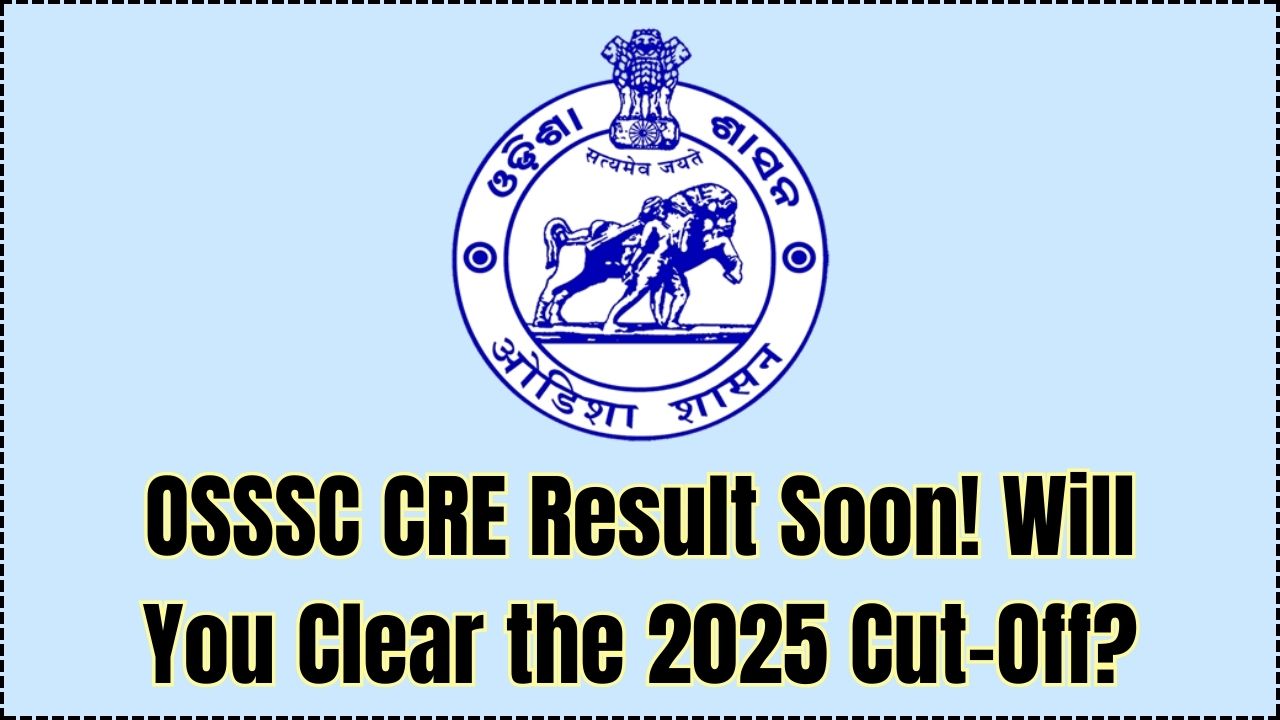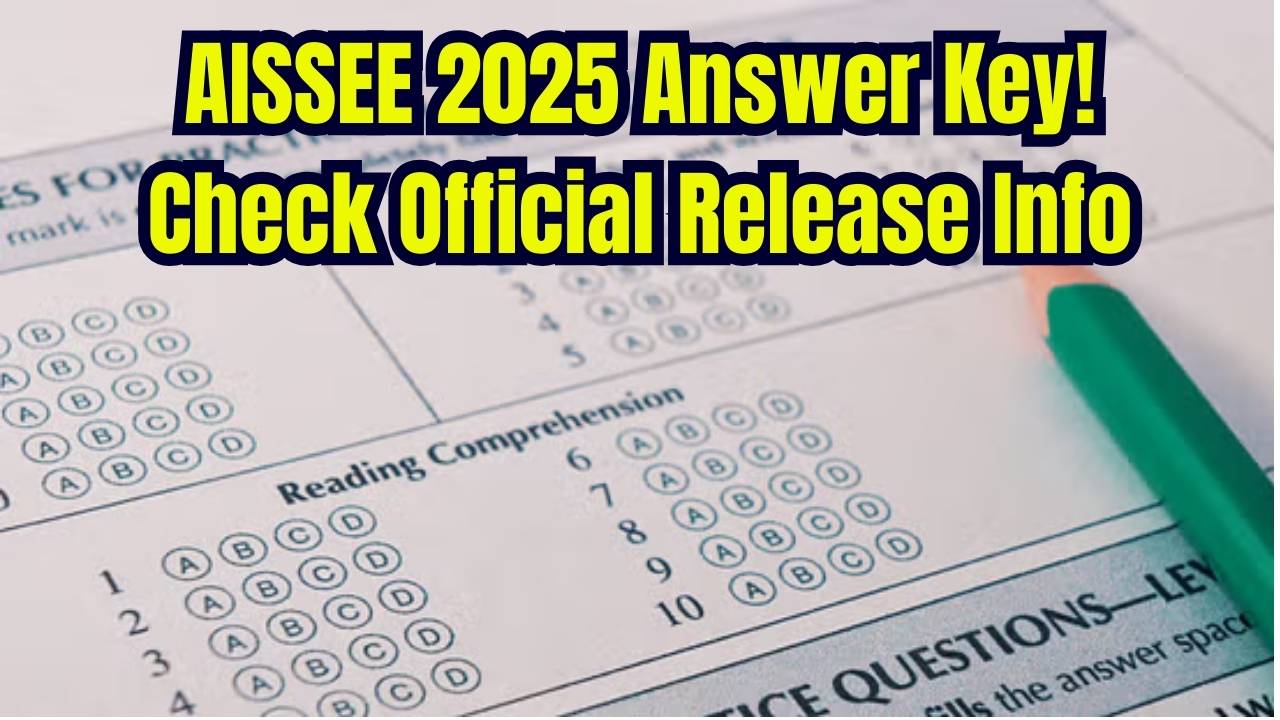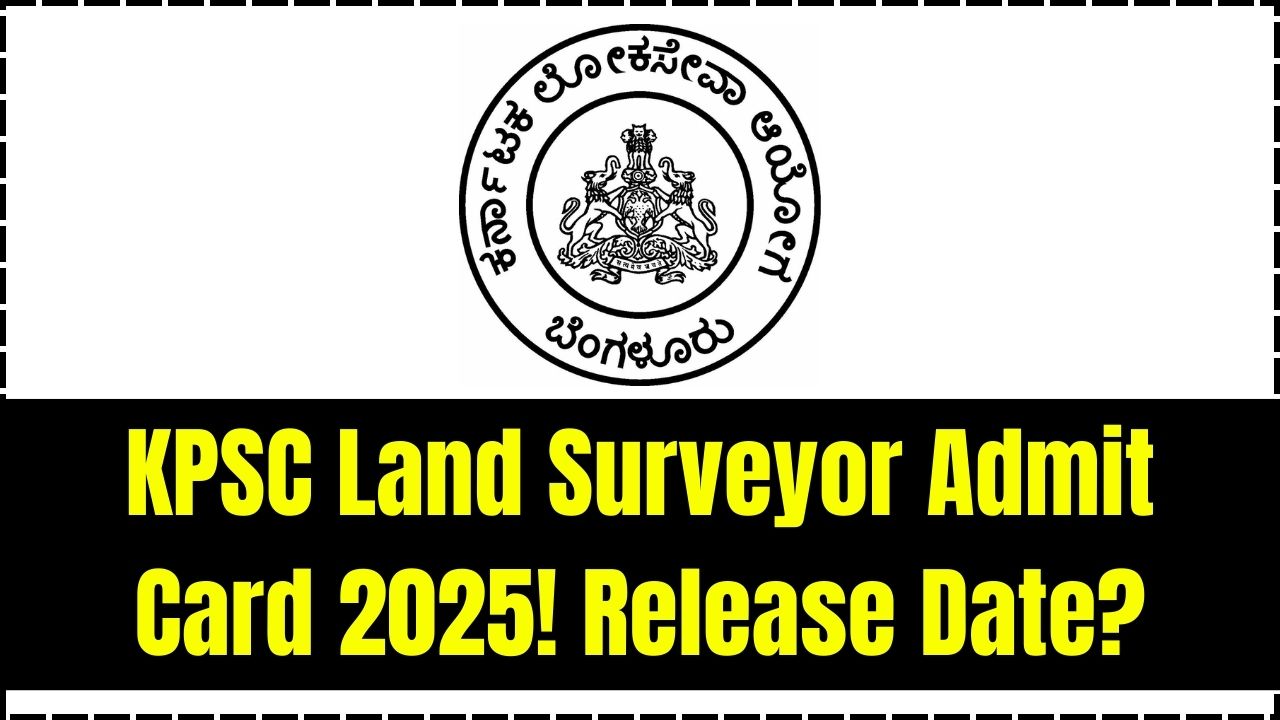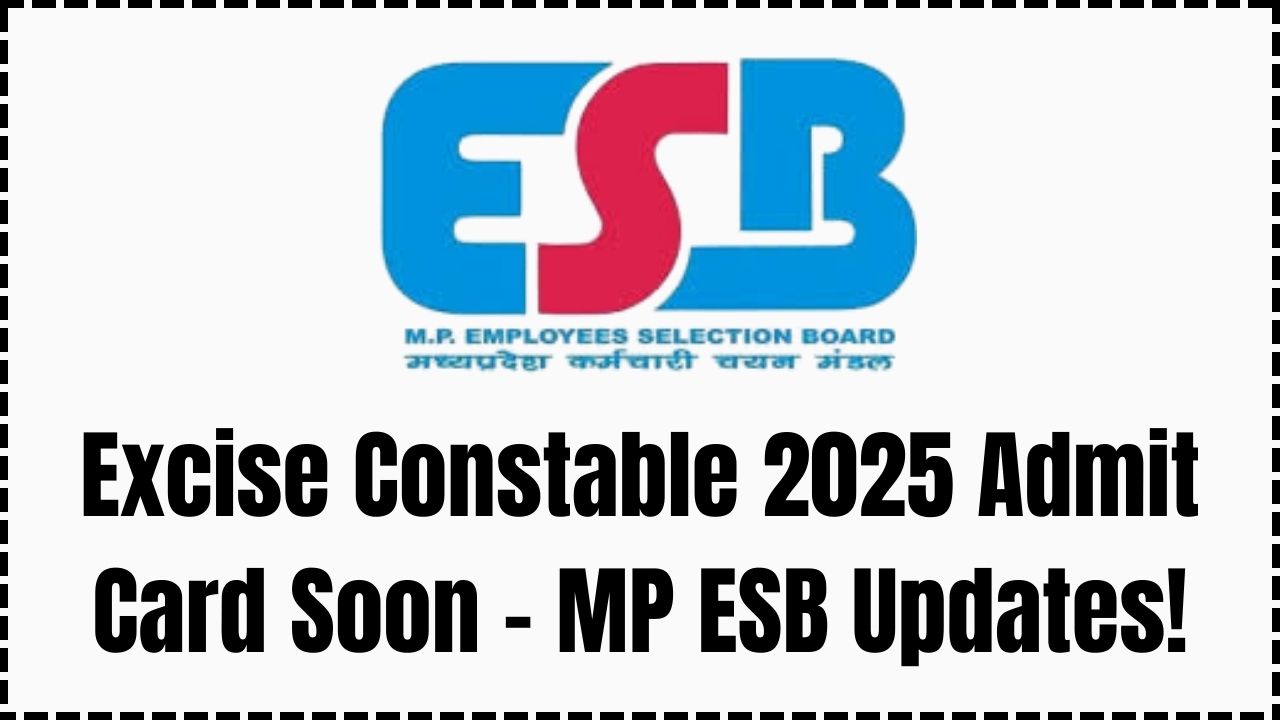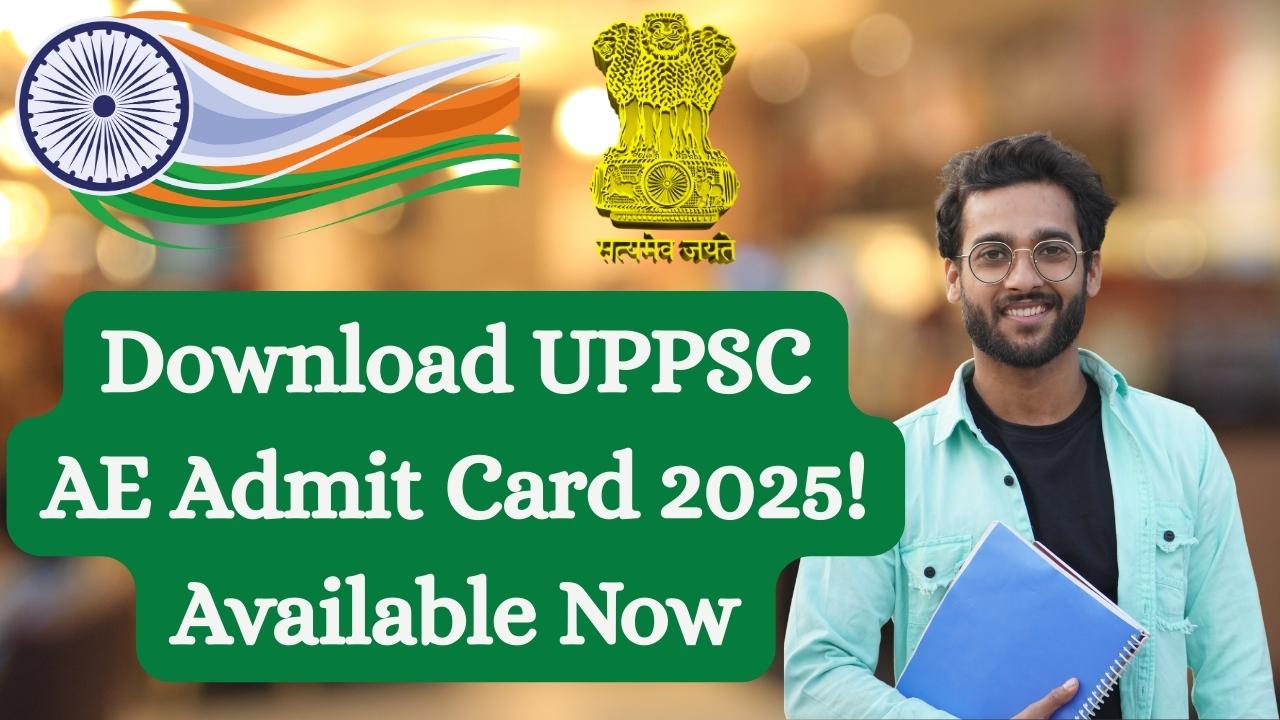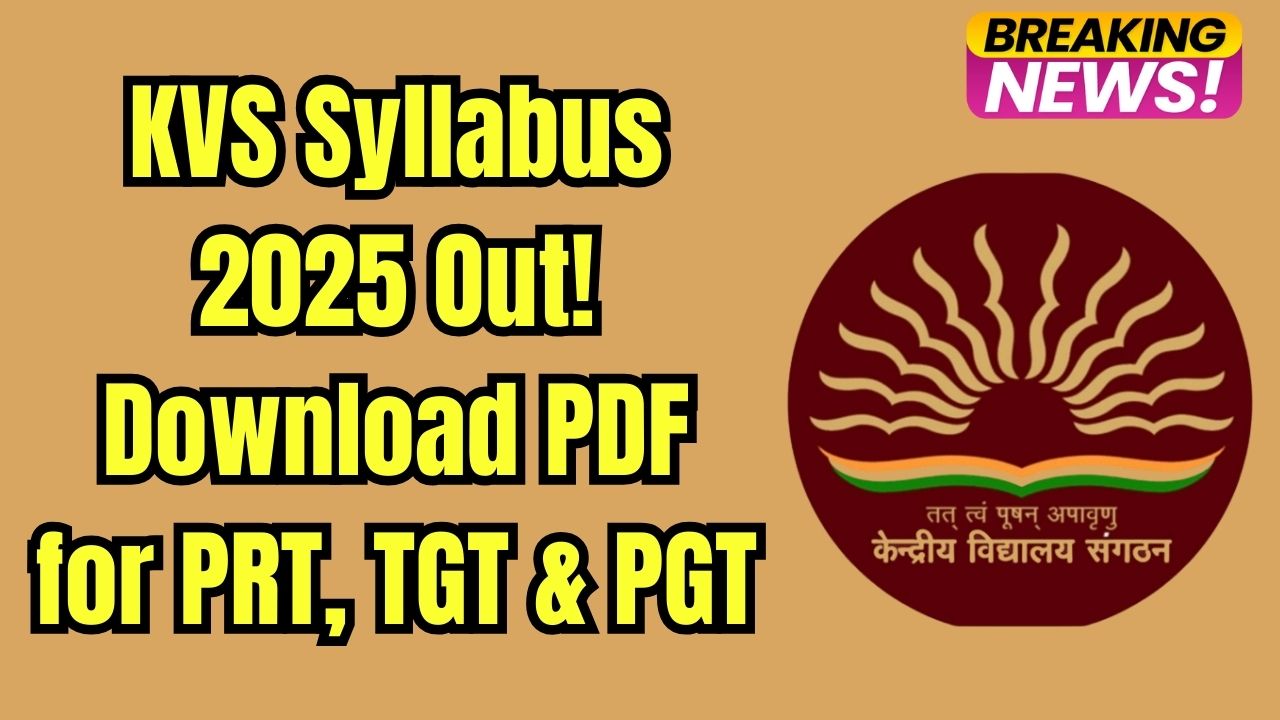
The Kendriya Vidyalaya Sangathan (KVS) is one of the most prestigious educational organizations in India. Each year, thousands of aspirants aim to join KVS as Primary Teachers (PRT), Trained Graduate Teachers (TGT), and Post Graduate Teachers (PGT). To help candidates prepare effectively, KVS has unveiled its syllabus for 2025. Understanding this syllabus is crucial for anyone aiming to succeed in these competitive exams.
In this comprehensive guide, we’ll break down the KVS syllabus for PRT, TGT, and PGT exams in an easy-to-understand manner, while ensuring the content is actionable, authoritative, and helpful for both beginner and experienced candidates.
KVS PRT, TGT, PGT Syllabus 2025 Unveiled
| Exam Type | Subjects Covered | Total Duration | Exam Pattern | Official Resources |
|---|---|---|---|---|
| KVS PRT Exam | General Knowledge, General English, Reasoning, Subject Knowledge | 2.5 hours | Objective-type questions with negative marking | Official KVS Website |
| KVS TGT Exam | General Knowledge, English, Hindi, Reasoning, Subject Knowledge | 2.5 hours | Objective-type questions with negative marking | Official KVS Website |
| KVS PGT Exam | General Knowledge, Reasoning, Teaching Methodology, Subject Knowledge | 3 hours | Objective-type questions with negative marking | Official KVS Website |
The KVS PRT, TGT, and PGT syllabus for 2025 is designed to assess candidates on a wide range of subjects, including general knowledge, reasoning, subject expertise, and teaching methodologies. By understanding the syllabus, preparing systematically, and practicing consistently, you can increase your chances of success. Remember to stay focused, use reliable resources, and keep a positive attitude as you prepare for the KVS exams.
Understanding the KVS PRT, TGT, and PGT Syllabus
Overview of KVS Exam
Before diving into the syllabus, let’s briefly look at the structure of the KVS recruitment exams. KVS conducts these exams to select teachers for various positions across its schools in India. The exams are designed to evaluate a candidate’s general knowledge, subject expertise, and teaching aptitude.
The PRT, TGT, and PGT exams are all objective-based, with multiple-choice questions (MCQs). However, the depth of the syllabus varies depending on the position.
- PRT (Primary Teacher) candidates focus on basic teaching skills, general knowledge, and a foundational understanding of subjects.
- TGT (Trained Graduate Teacher) candidates are expected to demonstrate expertise in their subject area (e.g., English, Science, Social Studies) along with general teaching skills.
- PGT (Post Graduate Teacher) candidates need to show advanced subject knowledge and a higher level of teaching methodology.
Key Sections in the KVS Syllabus
1. General Knowledge and Current Affairs
For PRT, TGT, and PGT exams, General Knowledge (GK) and Current Affairs are critical components. Candidates must stay updated on national and international events, especially in areas like:
- Politics and Governance (including Indian Constitution)
- Economic and Social Development
- Science and Technology
- Sports
- Culture and Arts
2. General English and Hindi
This section evaluates a candidate’s proficiency in both English and Hindi. Expect questions on:
- Vocabulary (Synonyms, Antonyms, Idioms)
- Grammar (Parts of speech, Sentence correction, Tenses)
- Comprehension (Passages for understanding)
- Writing Skills (Essay writing, Letter writing, etc.)
To prepare for this, candidates should practice reading comprehension exercises and grammar-based questions. Books like Objective General English by S.P. Bakshi are excellent resources.
3. Reasoning and Numerical Ability
The reasoning section tests a candidate’s logical thinking and ability to solve problems. Topics covered include:
- Verbal reasoning (Analogies, Directions, Series)
- Non-verbal reasoning (Puzzles, Visual reasoning)
- Mathematical reasoning (Number series, Arithmetic problems)
Candidates can use resources like RS Aggarwal’s Logical Reasoning book and Previous Year Question Papers to practice.
4. Subject Knowledge
- PRT candidates will be tested on basic subjects like Mathematics, Environmental Studies (EVS), and Pedagogy.
- TGT candidates need to focus on their subject area (e.g., English, Science, Social Science, etc.).
- PGT candidates need an in-depth understanding of their specific subject (e.g., Physics, Chemistry, Mathematics, etc.) along with Teaching Methodologies.
The official KVS syllabus provides detailed topics for each subject, and candidates are encouraged to go through them carefully.
5. Teaching Methodology and Pedagogy
For the PRT, TGT, and PGT exams, understanding the pedagogical techniques and teaching methodologies is essential. You will be tested on:
- Learning Theories
- Classroom Management
- Child Psychology
- Instructional Design
The NCERT textbooks are a great starting point for understanding pedagogy, along with educational psychology.
Preparation Tips for KVS PRT, TGT, and PGT Exams
1. Understand the Exam Pattern
Each KVS exam follows a similar pattern:
- Objective-type questions
- Negative marking (usually 0.25 marks for each wrong answer)
- Duration of the exam ranges from 2.5 to 3 hours, depending on the post
Make sure you are familiar with the exam duration and marking scheme to manage your time effectively during the exam.
2. Focus on the Core Subjects
While the General Knowledge and Reasoning sections are important, the Subject Knowledge section is the most critical, especially for TGT and PGT candidates. Spend more time on:
- Revising key concepts in your subject
- Understanding the syllabus topics in-depth
- Practicing past year questions to get a feel for the question types
3. Stay Updated on Current Affairs
Since the Current Affairs section is part of the exam, staying updated on national and international news is crucial. Read daily newspapers, watch news channels, and make notes of important events.
4. Solve Mock Tests
Take as many mock tests as you can. Mock tests help improve time management and allow you to familiarize yourself with the exam pattern. Websites like Gradeup and Testbook offer online mock tests for KVS exams.
5. Plan a Study Schedule
Create a study timetable to allocate enough time to each section based on your strengths and weaknesses. Ensure that you:
- Study for at least 3-4 hours daily
- Focus on one section at a time for deep learning
- Take regular short breaks to avoid burnout
6. Stay Consistent
Consistency is key to preparing for KVS exams. Stick to your study plan, avoid distractions, and stay positive throughout your preparation journey.
7. Refer to Previous Year’s Papers
One of the best ways to understand the exam pattern and types of questions asked is by practicing with previous year question papers. These papers offer insights into the areas that are frequently tested and help you become familiar with the format.
8. Join Online Communities
Becoming part of online communities and forums dedicated to KVS exam preparation can help you stay motivated and exchange useful tips and resources. Platforms like Quora, Reddit, and Facebook groups have active discussions around KVS exams.
GDC Sitarganj Courses: Top Courses Offered by Government Degree College Sitarganj in 2025
Bihar DECE-LE 2025 Application Live – Apply for Diploma Lateral Entry Now
UP CNET 2025: Admission Process Starts – Check Details Before You Apply
Frequently Asked Questions (FAQs)
1. What is the duration of the KVS exam?
The duration of the KVS PRT and TGT exams is generally 2.5 hours, while the PGT exam is 3 hours.
2. Is there a negative marking in KVS exams?
Yes, there is negative marking in KVS exams. Typically, 0.25 marks are deducted for each wrong answer.
3. How can I download the KVS syllabus?
You can download the KVS syllabus directly from the official KVS website or from trusted educational websites like Adda247.
4. What books should I refer to for KVS exam preparation?
For General Knowledge, you can refer to GK Today and Lucent General Knowledge. For Reasoning, RS Aggarwal is highly recommended. For Subject Knowledge, refer to NCERT books and subject-specific guides.
5. How can I manage my time during the KVS exam?
Time management is crucial during the KVS exam. Start by answering the easier questions first, then tackle the more difficult ones. Ensure you leave time at the end to review your answers.
6. What should be my strategy for attempting the exam?
The key is to be strategic. Attempt all questions you are sure about first and then move to those you are uncertain about. Don’t spend too much time on one question. Skip if needed and return to it later.
